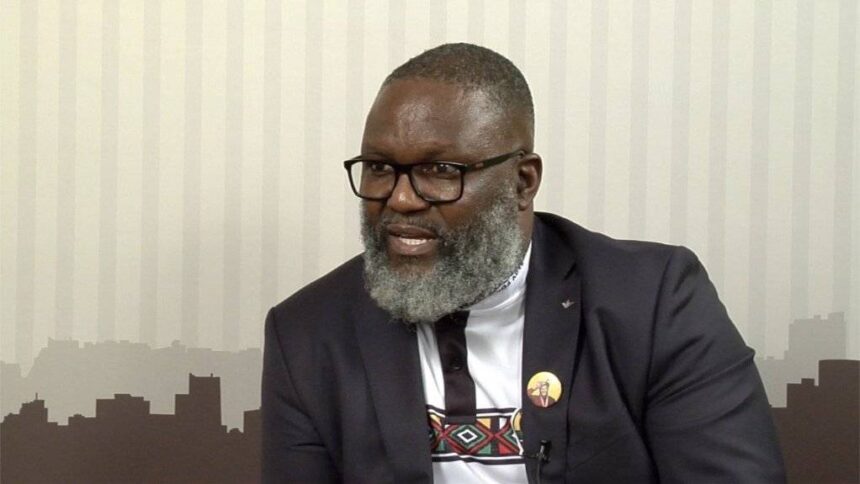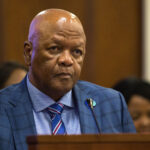Public Service and Administration Minister Inkosi Mzamo Buthelezi recently addressed the topic of paying whistleblowers in South Africa, stating that the government is open to the idea. This statement was made during the G20 anti-corruption working group summit in Cape Town, where Buthelezi emphasized the crucial role of whistleblowers in exposing corruption.
Whistleblowers often face personal risks when uncovering wrongdoing, and Buthelezi acknowledged the need to enhance whistleblower protection. The South African government is expected to present a Whistleblower Protection Bill in parliament this year, which includes the possibility of awarding a percentage of recovered funds to whistleblowers. However, concerns have been raised about the potential for false or trivial reports, as well as the financial and legal resources required to establish a reward system.
During the summit, discussions on financial incentives for whistleblowers were held, with measures already in place to protect whistleblowers whose lives are threatened. The Special Investigating Unit (SIU) and the National Prosecuting Authority (NPA) work together to ensure the safety of whistleblowers who come forward.
Buthelezi stressed the importance of public trust in the fight against corruption, highlighting the recovery of stolen assets as a key priority. He also emphasized the role of ethics in eradicating corruption, stating that ethics should be taught within families and communities, not just in educational institutions.
The issue of cadre deployment and the professionalization of the public sector were also addressed, with Buthelezi calling for a de-politicization of the matter. He emphasized the need for professionals in the public service and the importance of appointing individuals who are fit and proper for their positions.
The working group’s focus areas included promoting transparency, integrity, and accountability in the public sector, enhancing asset recovery measures, and mobilizing inclusive participation to prevent corruption. Protection mechanisms for whistleblowers were highlighted as a crucial aspect of the group’s work, with Buthelezi stating that it is the most important area of focus.
Overall, the South African government is actively engaged in efforts to combat corruption and protect whistleblowers, recognizing their invaluable contribution to uncovering wrongdoing. By strengthening whistleblower protection and promoting transparency and accountability, the government aims to foster a culture of integrity and ethical governance in the public sector.








